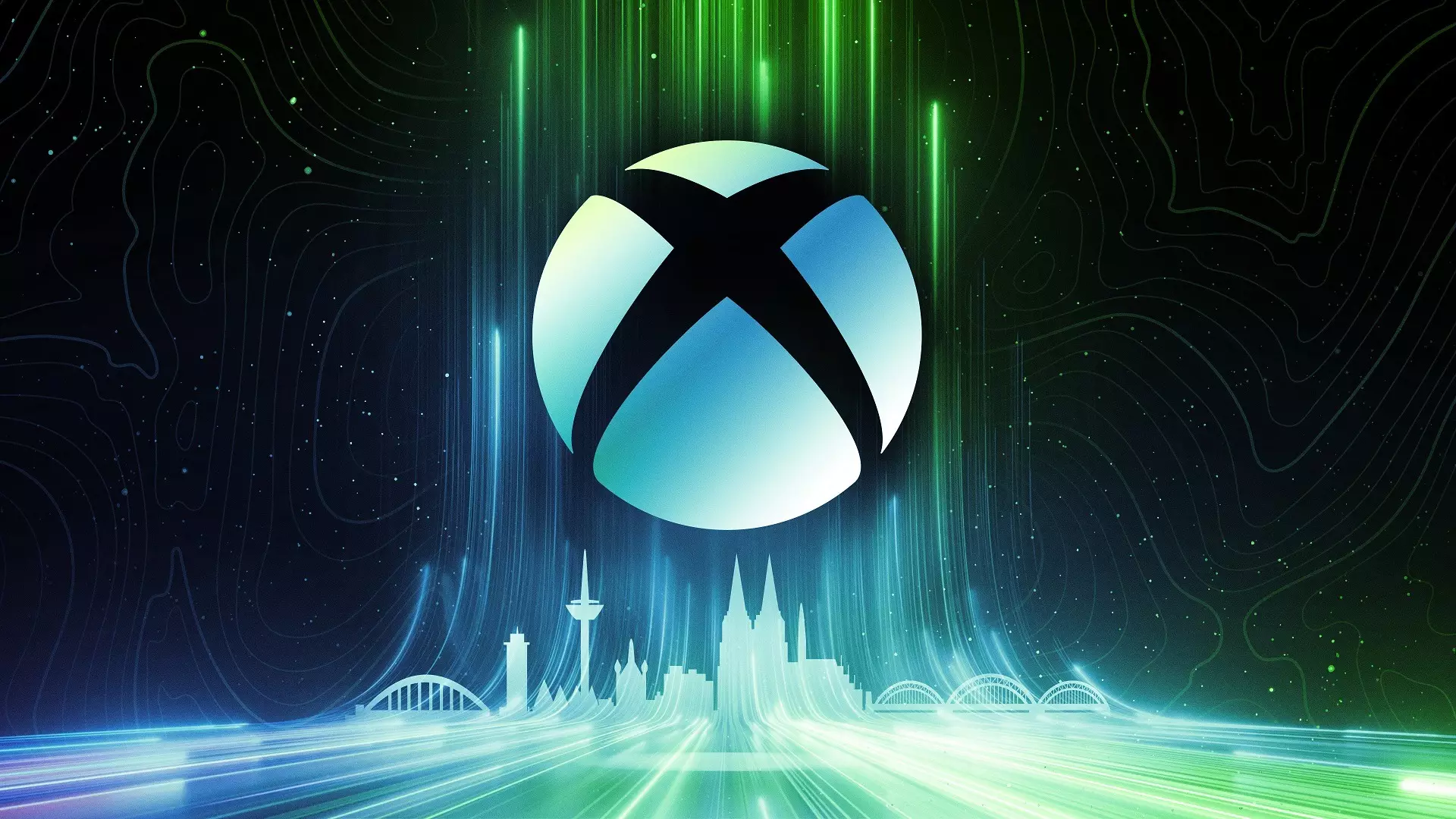In an era where gaming ecosystems have become deeply ingrained in players’ lifestyles, the traditional notion of platform loyalty is quickly eroding. No longer is owning a specific console the ticket to exclusive experiences; instead, gamers prioritize accessibility, community, and content availability across devices. Industry analyst Mat Piscatella highlights this paradigm shift, emphasizing that the era of driving sales solely through exclusives is over. Gamers are inherently comfortable within their existing ecosystems—be it PlayStation, Xbox, or PC—and the key to winning their allegiance now lies in delivering compelling content that is accessible wherever they prefer to play.
Consumers are increasingly entrenched, driven not just by brand loyalty but by social connections and established libraries of games. For companies, this translates into a strategic necessity: push to bring beloved titles and new releases to multiple platforms to maximize reach. The result is a gaming marketplace where exclusiveness no longer guarantees dominance; instead, omnipresence and content accessibility determine success. Xbox’s ongoing multi-platform approach exemplifies this mindset, shifting focus from exclusives to universal content delivery, an approach that aligns with how modern gamers consume entertainment.
The Evidence of Multi-Platform Success
The success story of Forza Horizon 5 underscores the potency of this strategy. Released in 2021, it became a flagship title for Xbox Game Pass, yet a significant portion of players opted to purchase it on PlayStation 5—2 million copies in its first month, despite the availability of the game through a subscription service. This demonstrates that players are willing to buy titles outright when the experience is compelling enough, irrespective of the platform. It reveals a critical insight: monetization and engagement are no longer dependent on platform loyalty alone but on content quality and convenience.
Similar trends are evident elsewhere. Sony’s approach to port older titles like The Last of Us, Uncharted 4, and God of War to PC is a testament to the shifting ethos. These ports not only breathe new life into storied classics but also expand their audience base beyond the traditional PlayStation ecosystem. The success of these ports, coupled with Sony’s acquisition of dedicated porting studios like Nixxes, signifies a deliberate strategy aimed at reaching players wherever they are. This is a prudent move—older titles returning to charts monthly suggest that players relish well-crafted experiences regardless of when they were first released.
Furthermore, publisher Electronic Arts’ decision to migrate popular franchises to Steam illustrates the broader industry acknowledgment of multi-platform viability. EA’s move to bring Star Wars, Dragon Age, and Need for Speed titles back to a platform with widespread reach ensures their titles are accessible to the largest possible audience, blending revenue streams from fresh releases and sustained interest in older titles.
Industry-Wide Embrace of Cross-Platform Strategies
Not only are individual companies adopting this approach, but the industry as a whole is embracing cross-platform possibilities. Nintendo’s recent release of Lego Horizon Adventures on Switch, and Sony’s announcement to bring Helldivers II to Xbox, reflect a growing recognition that platform boundaries are becoming porous. This collaborative horizon drastically alters the competitive dynamics, fostering a more unified gaming landscape where players can access beloved IPs irrespective of their chosen device.
This shift signals a fundamental redefinition of gamer loyalty—what once hinged on owning a console with exclusive games is now waning in favor of a flexible, content-first approach. The potential arrival of an Xbox game on Switch 2, as speculated, epitomizes this new era. It’s no longer about locking players into a particular box but about cultivating a broad ecosystem where content flows freely across platforms, maximizing revenue and engagement.
In this evolving environment, industry giants who adapt swiftly—prioritizing multi-platform availability and seamless experiences—will undoubtedly hold the upper hand. The conversation is no longer about “console wars,” but about how effectively a company can deliver what modern gamers crave: access, choice, and high-quality content wherever they are. The future belongs to those who understand that in gaming, versatility and ubiquity, combined with compelling experiences, are the true power players.

